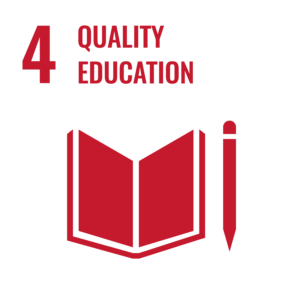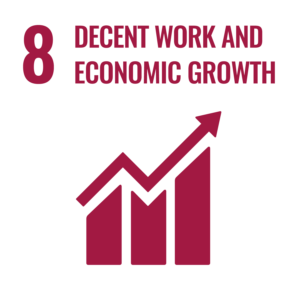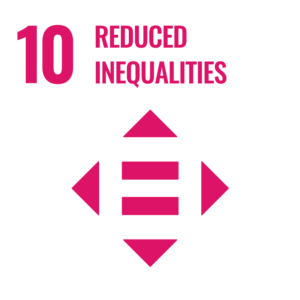School-Based Agricultural Education has proven to be a powerful tool for diffusing new technologies to farmers, keeping rural youth in school longer and improving perceptions about agriculture.

Rigorous research
In a four-year randomized controlled trial (RCT) in Liberia, economists from the Global Poverty Research Lab at Northwestern University found that SBAE is almost 3 times more effective at increasing technology adoption amongst farmers than traditional extension strategies aimed only at adults. In other words, it is more effective to reach adults through their children than directly appealing to the adults.
- 100 Schools with 4-H clubs (Treatment)
- 97 Schools without 4-H clubs (Control)

Technology Adoption
Agricultural productivity in sub-Saharan Africa remains low, leaving millions food insecure. Agricultural technologies, such as improved seed varieties or better agronomic practices, have existed for decades, but farmer adoption remains low.
SBAE changes that.
SBAE is almost 3 times more effective at increasing farmer technology adoption than traditional extension strategies aimed only at adults.
In students’
technology adoption

Rural Education
Despite gains in primary school enrollment, fewer than a third of students complete secondary school.
SBAE changes that.
in school
drop-outs
in school
attendance

Girls Empowerment
In many rural areas across Africa, teenage girls face unique challenges that limit their educational and economic opportunities, including high dropout rates, restricted access to resources, and traditional gender norms that deter them from pursuing agriculture.
SBAE changes that.
in girls’ grade
progression
in girls’ pass rates of junior high public exam

Youth in Agriculture
More than half of Africa’s youth are expected to work in agriculture, but youth often view farming as a dead-end job rather than a viable career path.
SBAE changes that.
in studying agriculture as an elective
in choosing agriculture as a top job

- Professor Chris Udry
Professor of Economics and Co-Founder
Global Poverty Research Lab, Northwestern University
“In 40 years of studying the diffusion of agricultural innovation in Africa, SBAE is one of the most effective interventions to influence adult farmers to test a new technology I have ever seen.”
Sustainable Development Goals
School-Based Agricultural Education (SBAE) directly contributes to achieving the Sustainable Development Goals (SDGs) by equipping youth with skills, knowledge, and opportunities that drive sustainable agriculture, economic growth, and community resilience












